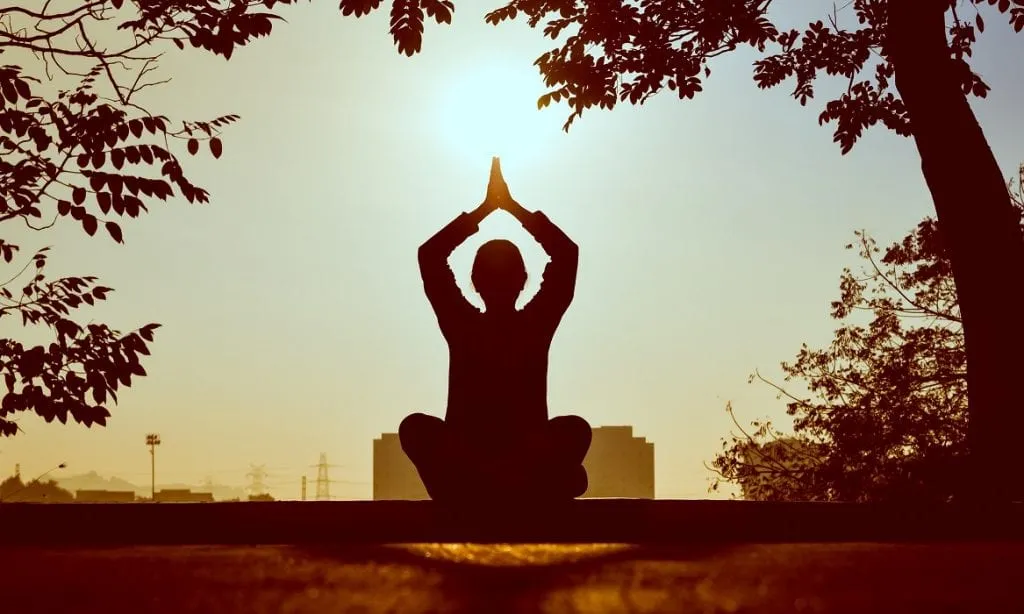Stress and poor health can be tightly connected. However, we can always opt for some relaxation techniques to lower stress levels and improve our overall health. We can always take several moments a day to try and reduce our stress levels. Certain relaxation techniques work better than others do. With that in mind, let’s get down on how can using relaxation techniques improve your overall health and which are the best methods you can use.
Why practice relaxation techniques?
We live in stressful times and this can impact our health in multiple ways. But, according to the Journal of the American Medical Association says that prolonged stress can increase the chances of developing cardiovascular disease, obesity, and cognitive dysfunctions.
To avoid all these complicated health conditions, specialists advise having a more holistic approach to our health. They also recommend embracing relaxation techniques since these can help lower stress levels tremendously. Relaxation techniques come with an array of benefits, and below we will list only some of them.
- Help reduce anxiety and depression symptoms. Properly implemented, relaxation techniques can help people suffering from stress-induced anxiety and depression improve their state of mind. We all know that in times of stress, the levels of dopamine and serotonin are significantly lower. According to a recent study, meditation might work just as well in reducing stress-related depression as medication might.
- It can help lower blood pressure. Chronic stress is also the main reason people struggle with increased blood pressure. It can also be linked to altered heart functions, which prolonged can lead to heart failure. From insomnia to strokes and cardiac arrest, high blood pressure can be linked to a series of severe issues. Fortunately, relaxation techniques have been proven to work amazingly in lowering heart pressure. Take several minutes a day to practice relaxation, and you should see how your blood pressure gets within normal parameters.
- Improve immune system function. Long periods of stress are also proven to lower immune response. The chemicals released when we are under a lot of mental pressure reduce the body’s ability to fight inflammation when it appears. Naturally, when you practice relaxation techniques and succeed to lower stress levels, your immune response will also improve.
Now, that we know how can relaxation techniques can help improve overall health, let’s see which are the most efficient you should consider.
Breathing exercises
Breathing exercises are a great relaxation method that has been used by people for centuries. They are incredibly approachable and can be practiced whenever you feel the need to. These exercises can help you lower heart rate and achieve calmness and mindfulness sate. To make the most of this sort of exercises, follow the steps below.
- Get into a comfortable position. It doesn’t matter if you lay down or you are seated, as long as you find it comfortable.
- Slowly breath in through your nose into your stomach. Try to keep your chest as still as possible. A good tip to help you ensure you only breath into your stomach would be to keep a hand on your abdomen and the other on your chest.
- Exhale with your mouth relaxed and try to dispense as much pressure as you can while doing so.
- Repeat for five to ten minutes, in several sessions a day.
Muscle Relaxation
Many specialists claim that muscle tension in our bodies might be caused by high stress levels. Progress muscle relaxation is a technique that will help you release some of that muscle tension and improve your overall mental and physical health. The technique is relatively easy to implement. All you have to do is identify tension in individual muscles by trying to contract the. When you slowly and mindfully relax each individual muscle, this will also release tension in them. This technique is proven to bring tremendous mental health benefits, but also physical advantages.
Meditation
Meditation is a relaxation technique targeted at the mind, rather than the body. In several studies, it has been proven that meditation can help improve immune responses of the body, but also improve the mind. This Harvard paper shows that several minutes of meditation a day for approximately two months can change the brain fundamentally. In this case, the amygdala, the area of the brain where we experience stress has been shown to reduce in size when participants were asked to practice meditation for less than half an hour daily. To make the most of this technique, follow the steps below.
- Try to put together a playlist of music for meditation. This will help you boost the success of your session by helping you relax and focus much easier.
- Take a comfortable seat in a room you feel the most relax in.
- Try to breathe deeply into the base of your stomach.
- Try to eliminate all noise from your mind, while focusing on your breathing pattern.
- If you start losing focus and getting lost again in your thoughts, try to come back to focusing on your breath.
- Keep doing it for approximately ten minutes daily.
In time, you will see how your general attitude will change gradually. You will become more relaxed and your attitude on your daily problems will also improve.
Practice mindfulness
In most of the cases, we experience high levels of stress because of a lack of mindfulness. To make sure you overcome the issues resulting from such attitudes, try to focus more on the present moment at all times, throughout your day. In the long run, this exercise will help you relax your mind and eliminate intrusive thoughts. Intrusive thoughts are those coming from the past or the future and that alter our ability to enjoy the present.
These are some of the most important health implications of stress and how relaxation techniques can help us lower them. The relaxation techniques above are proven to work wonderfully when integrated into our daily lives. Make sure to learn how to practice correctly several of the above and try to take several minutes a day for this purpose.


